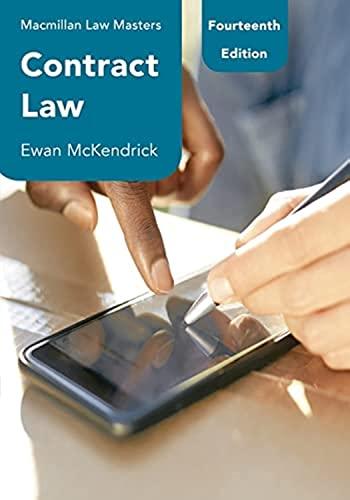1. Discuss the history of criminal justice system in the Philippines. In the ancient history of the Philippines were a datu, whose authority rested primarily on his physical prowess, wisdom, inheritance, or wealth, ruled the smallest political-social unit known as barangay. Were the one who execute the justice in the ancient history of the Philippines. Assisted by the elders of the barangay, the datu legislated laws and acted as judge. All trials were held in public and litigants pleaded their own case. At times, the datu would hold trial by ordeal to resolve doubts. People believed that the gods would protect the innocent and punish the guilty and that the result of the ordeals was a revelation of the divine truth. Murder, adultery, theft, and insulting a woman were considered great offenses and were punished by enslaving the offender. If the value stolen was great, the offender and his relatives were all fined. Failure to pay the fine resulted in the enslavement of all member of the family. In spaniard era, the criminal justice system is change because of the spanish government. As in all Spanish colonies, the new order extended Spanish laws to Philippines. These included the Codigo Penal (Penal Code), Ley de Enjuiciamiento Criminal (Code of Criminal Procedure), Codigo Civil (Civil Code), Ley de Enjuiciamiento Civil (Code of Civil Procedure), and Codigo de Comercio (Code of Commerce). A court system that consisted of superior and inferior courts was likewise established. The Guardia Civil (Civil Guards) performed law enforcement functions. Individuals who were convicted of serious offenses such as murder and treason are executed either by firing squad or garrotte. The American colonial government enacted several laws to eradicate the vestiges of Spanish rule, including new codes of criminal and civil procedure. It established a new judicial system modeled after the judicial system of the United States. The United States president was given the power to appoint the justices of the Philippine Supreme Court. The United States Supreme Court was also given the power to review the decision of the Philippine Supreme Court in certain cases.ln 1901, the colonial government formed a national police force. A year later, it extended the Bill of Rights of the United States Constitution to the archipelago. The use of firing squad or garrotte as method of execution for capital offenses was replaced by the use of electric chair in 1926







